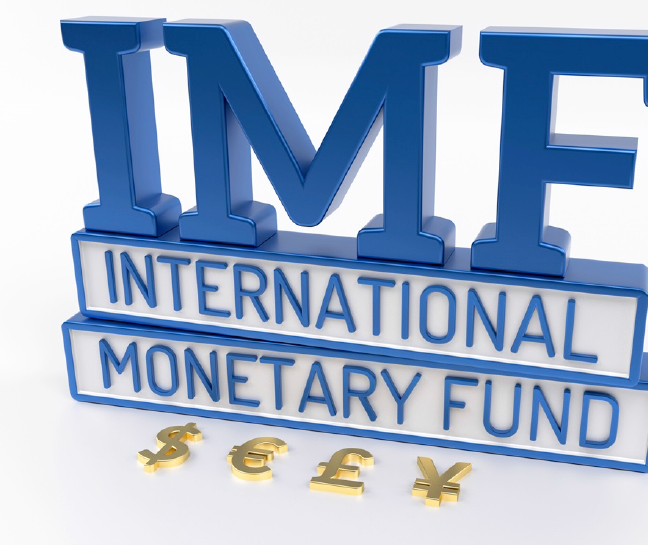The International Monetary Fund (IMF), says it expects transparent and accountable use of the $3.4bn Rapid Finance Instrument it recently disbursed to Nigeria.
The IMF’s financial assistance to Nigeria is meant to support the healthcare sector, stabilise the economy, and protect jobs and businesses that have been severely impacted by the pandemic.
The IMF’s mission chief for Nigeria, Amine Mati, during a conversation, pointed out the measures to be taken by Nigeria in order to enhance transparency and governance in the use of the $3.4 billion IMF emergency financing.
According to the IMF chief, the Nigerian Government had committed to undertake an independent audit of crisis mitigation spending and related procurement processes, as well as to publish procurement plans and notices for all emergency response activities which include the names of companies that were awarded the contracts and the beneficial owners.
Mr. Mati also disclosed that special budget lines are to be created to record all crisis emergency response measures, which are published daily on Nigeria’s treasury online portal. These measures will not only ensure that financial assistance received as part of the COVID-19 response is used for its intended purposes, but will also significantly strengthen the oversight of the entire budget used for the government’s crisis response.
Implementing these measures will help to drastically reduce the governance and transparency challenges as well as corruption vulnerabilities of a country like Nigeria.
Most of the critics of the government’s borrowing pattern have often expressed serious doubt about the judicious use of these funds, as they believe most of them might end up being embezzled.

 Health6 days ago
Health6 days ago
 Entertainment1 week ago
Entertainment1 week ago
 Crime7 days ago
Crime7 days ago
 Comments and Issues1 week ago
Comments and Issues1 week ago
 Latest1 week ago
Latest1 week ago
 Football1 week ago
Football1 week ago
 Comments and Issues1 week ago
Comments and Issues1 week ago
 Comments and Issues1 week ago
Comments and Issues1 week ago

